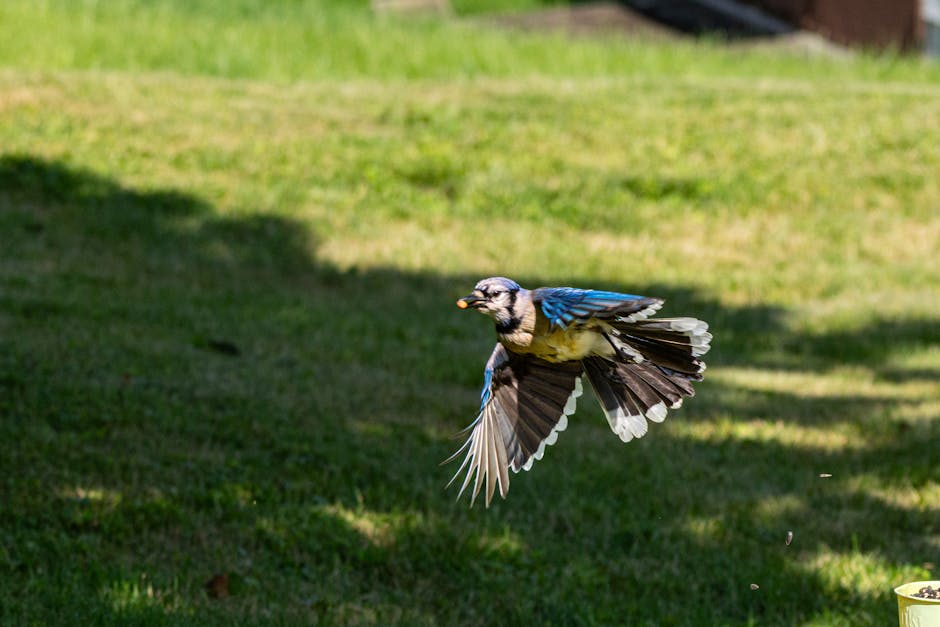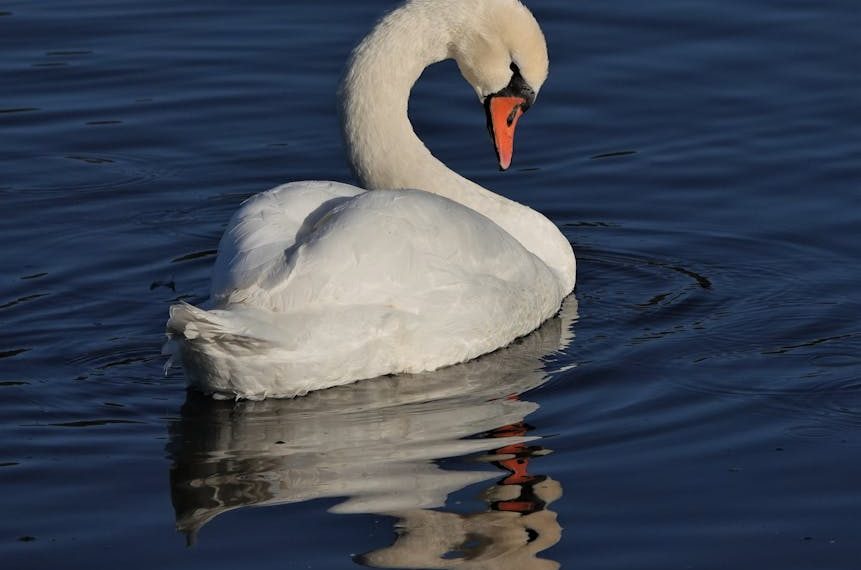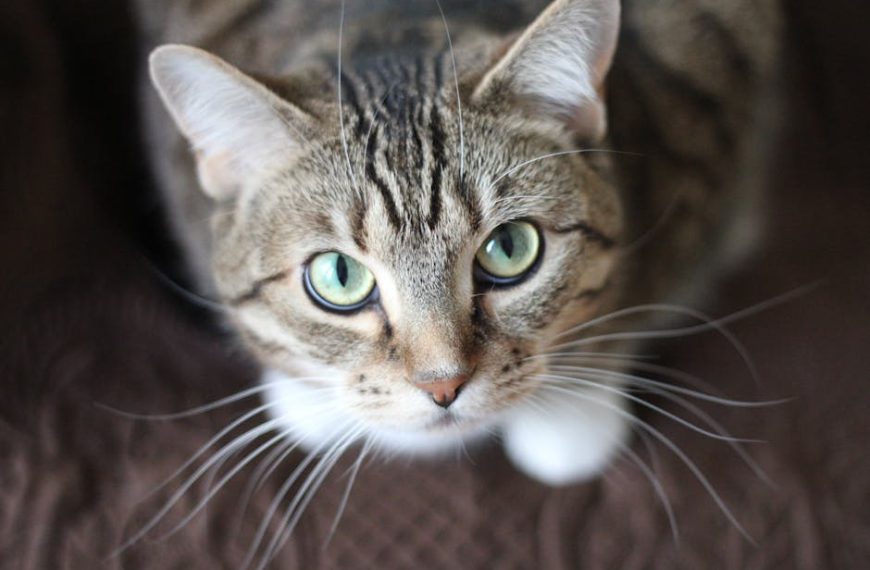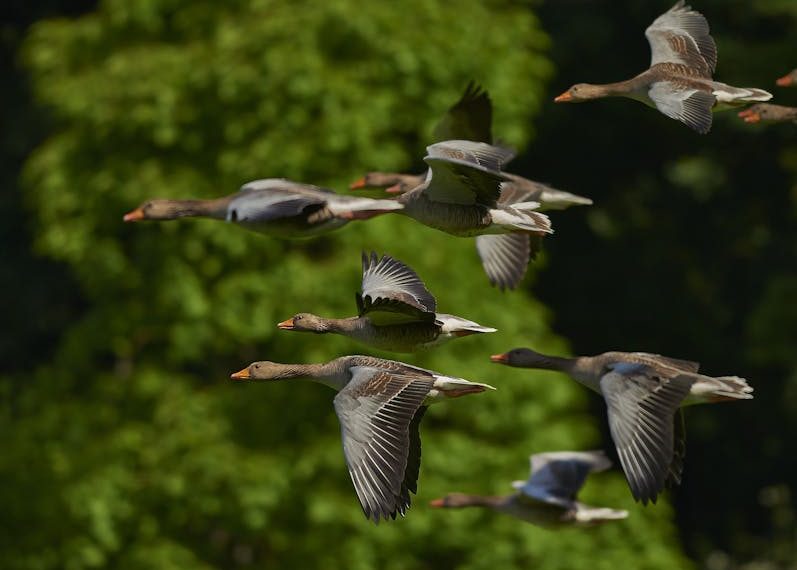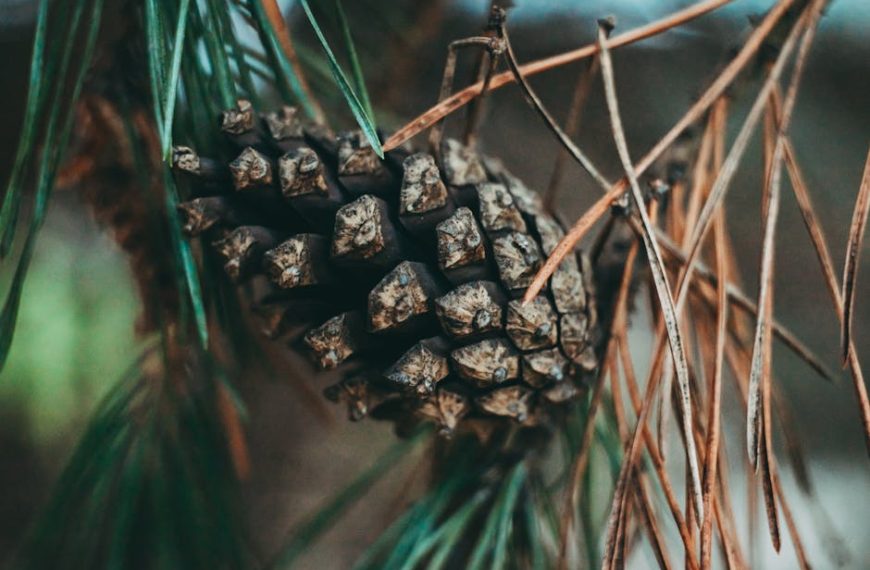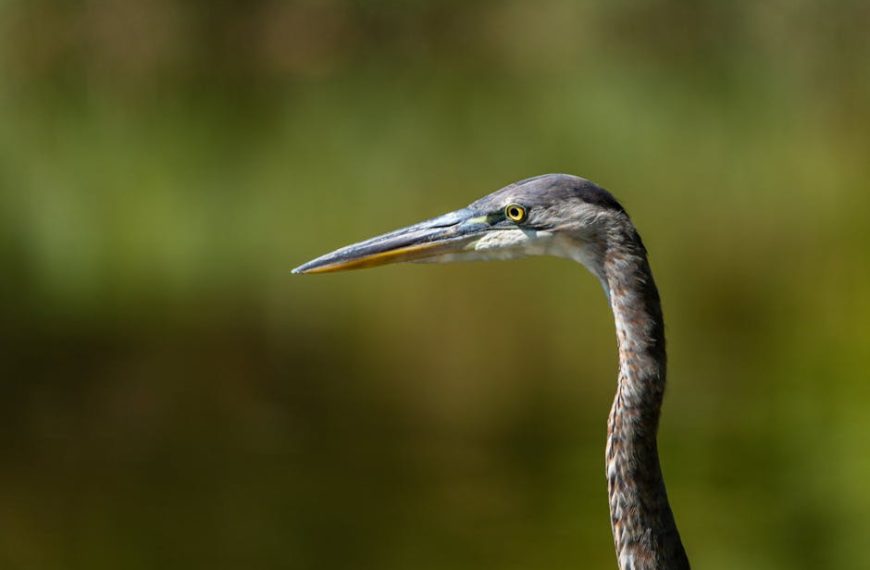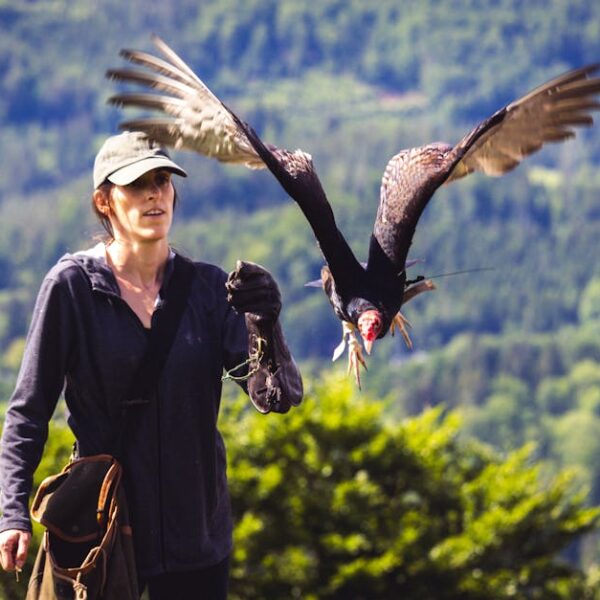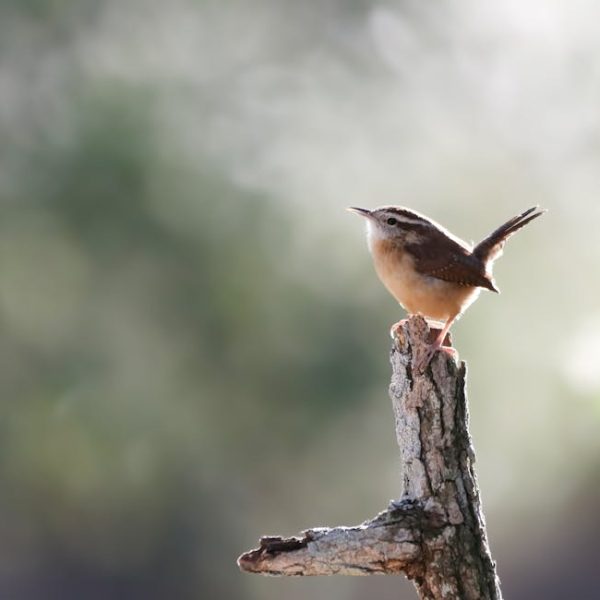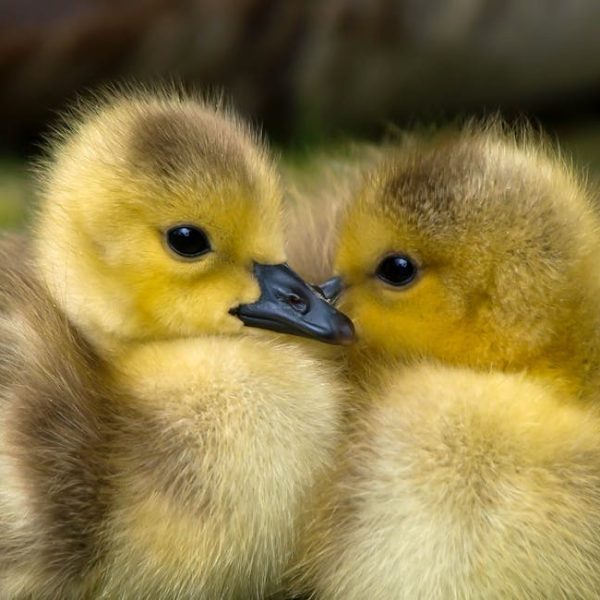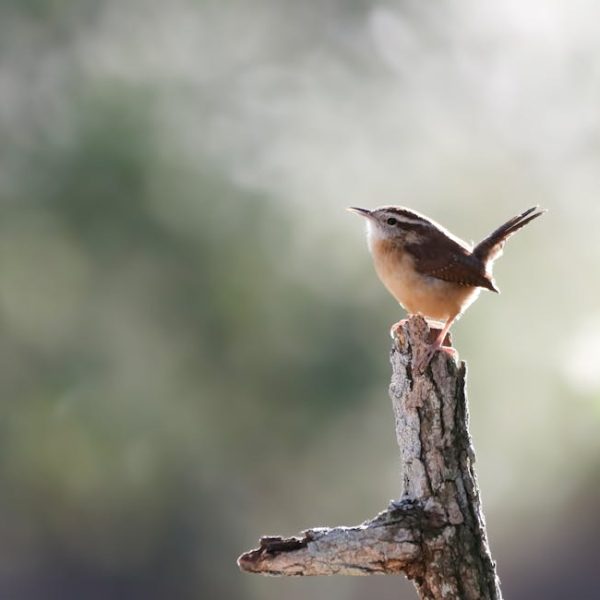Birds, nature’s own pesky seed eaters, can be an unwelcome sight when they descend en masse on your freshly sown lawn, leaving unsightly patches and thin, struggling grass. However, you can prevent this unseemly event by deploying strategic measures designed to discourage our feathered foes from feasting on your grass seed.
Understand the Attraction Birds Have for Grass Seed
Grass seeds are effectively tiny, easy meals for birds. They’re high in nutrients like fat and protein, vital for bird’s energy and survival, particularly during colder seasons. Moreover, freshly tilled soil makes the seeds clearly visible, akin to a buffet spread for them. Known seed grazers include sparrows, starlings, pigeons, and blackbirds, among others. Understanding this attraction is the first step in creating effective deterrent strategies.
Effective Ways to Scare Birds Away
Several techniques can scare birds away from your grass seeds. These may include noise devices such as ultrasonic repellers, bird scarers like hawks or owls decoys, use of motion-activated sprinklers, and reflective objects that produce glare in sunlight. Each of these has pros and cons worth consideration:
| Method | Pros | Cons |
|---|---|---|
| Noise Devices | Effective against several types of birds, relatively cheap | Could become a noise nuisance to humans, may lose effectiveness over time as birds become used to the sound |
| Decoys | Cost-effective, silent, environmentally friendly | Not always effective for all birds, requires occasional movement to maintain illusion of threat |
Use of Bird-Proof Grass Seed
Bird-proof grass seed is another superb tool in the fight against seed-loving birds. These are grass seeds coated with a non-toxic substance that birds find unpleasant. Some popular, effective brands include:
• Amturf’s Bird Blocker Turf Mix
• Pennington’s Smart Seed Dense Shade Mix
Before selecting bird-proof seeds, it’s essential to ensure they are suitable for your soil and local weather conditions.
Covering the Grass Seeds Properly
Covering the sown seeds efficiently can significantly deter birds. Choices for covering include using additional soil, straw, or seed blankets. Each method offers unique benefits:
| Method | Benefits |
|---|---|
| Extra Soil | Inexpensive, natural, improves seed germination due to increased contact with soil |
| Straw | Offers extra protection against birds, reducing seed visibility |
| Seed Blankets | Prevents seed displacement, protects against weather elements, enhances germination, keeps birds away |
Cover the area uniformly and adequately, ensuring the seeds are out of sight yet able to get sufficient sunlight, and hydration for germination.
Other Natural Predators That Can Protect Your Seeds
Introducing other natural predators into your garden can also prevent birds from feasting on your grass seeds. Beneficial predator species include non-bird hunting animals such as cats, or predatory birds such as hawks, yet it can be challenging to create the right environment for them. Encouraging beneficial insects can provide an alternative, as birds might choose to feast on the insects instead of your prized grass seeds. Before venturing down this path, you need to determine if your environment can sustain these predators. It’s not wise to invite in a population that may struggle to survive or end up doing more harm than good. You also want to ensure there’s no threat to any endangered or native species in your area.
Here’s a quick checklist to consider:
- Do you have ample space or a suitable habitat for these predators?
- Can you provide a sustainable food source other than the birds you seek to deter?
- Can the presence of these predators disrupt your neighborhood or local ecosystem?
- Is your local climate suitable for these predators?
This method should be adopted with caution and after thorough research. Nevertheless, if executed correctly, it can form part of a successful strategy to protect your grass seed from bird invasions. To conclude, while the sight of birds enjoying the spoils of your hard work on your lawn can be disheartening, the simple tips outlined above can provide practical solutions. Remember, it’s about creating a balanced ecosystem that benefits everyone, including our feathered friends. Happy sowing!
Key Takeaway:
- Birds are attracted to grass seeds due to their high nutritional value and visibility on the soil.
- Several effective bird-deterring techniques are available, such as noise devices, decoys, motion-activated sprinklers, and shiny objects.
- Bird-proof grass seed can be beneficial in preventing birds from eating seeds.
- Properly covering the grass seeds using soil, straw, or seed blankets can thwart birds.
- Introducing natural predators like insects into your garden can help to safeguard the seeds.
Investing a bit of time and effort in protecting your grass seeds can yield a lush, thriving lawn that not merely enhances your property’s inesthetics but benefits the local ecosystem as well. Always strive for balance and plan according to your unique circumstances and environment. Sowing should be fulfilling and bird deterrent strategies won’t diminish the joy it brings.
FAQs
Q: I don’t have access to bird-proof grass seed, what is an alternative way to protect my seeds?
A: You can protect your seeds by covering them properly with soil, straw, or seed blankets. Using noise devices, decoys, or introducing natural predators into your garden can also help deter the birds.
Q: Can I use any type of bird-proof grass seed for my lawn?
A: Not necessarily. You need to choose bird-proof seeds that are suitable for your soil and local weather conditions to ensure proper growth and sustainability.
Q: Can the presence of natural predators have any negative impact?
A: Yes, improper introduction of new predators could potentially disrupt your local ecosystem or harm endangered or native species. Therefore, prior research is crucial before using this method.
Q: Will covering the seeds with extra soil affect their germination?
A: No, as long as you cover the seeds uniformly and adequately, they will still get enough sunlight and hydration for proper germination.
Q: What if the noise devices cause a nuisance to my neighbors?
A: It’s crucial to consider this factor when choosing noise device techniques. Opt for devices that are effective yet not too disruptive to humans around.
Please, feel free to share this article and explore more posts on our website for additional information and resources.
